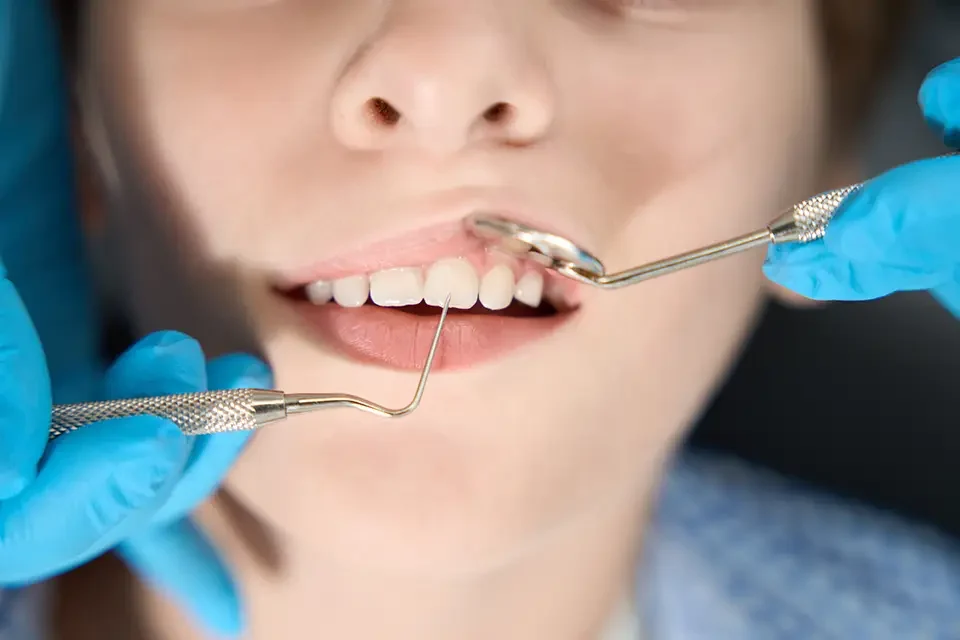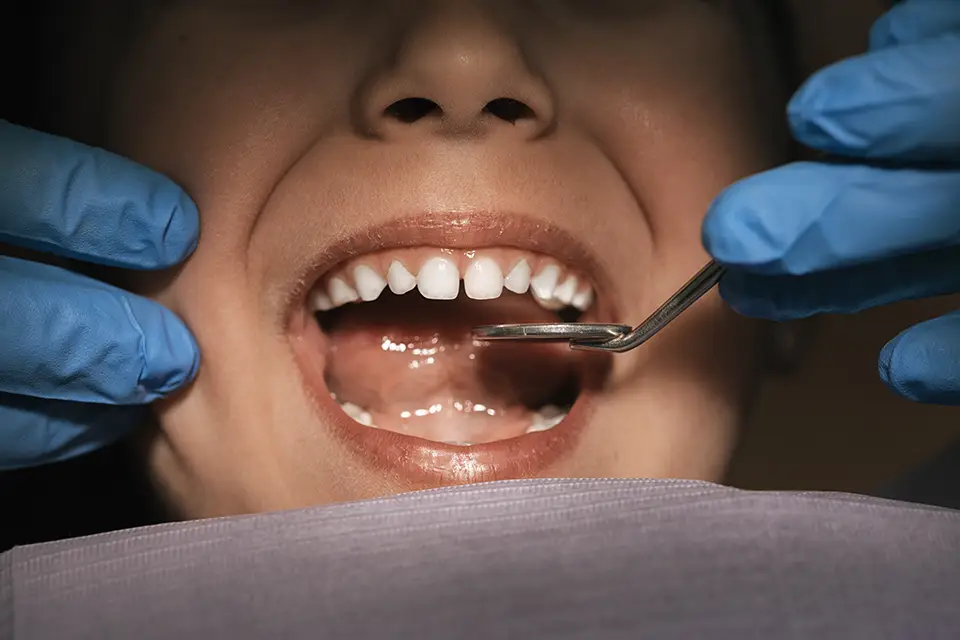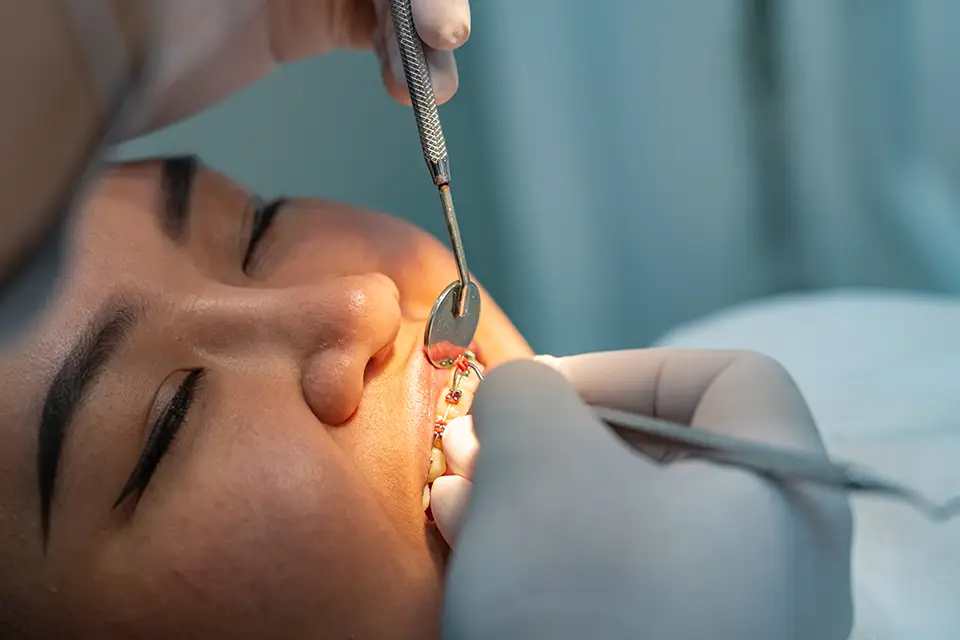The enamel, the outer layer of our teeth, plays a crucial role in protecting teeth from decay, wear, and damage. However, some people have thin tooth enamel, which can cause increased sensitivity, a higher risk of cavities, and other dental problems. If you have thin teeth enamel, there are effective treatments available that can help protect your teeth while improving their appearance, such as dental veneers.
What Is Thin Teeth Enamel?
Thin teeth enamel occurs when the protective outer layer of the teeth wears or erodes. Although enamel is the hardest substance in the human body, it is not indestructible. Acidic foods, teeth grinding, and poor oral hygiene can all contribute to enamel erosion over time. This exposes the tooth’s inner layer, causing sensitivity and increasing the risk of dental problems.
Causes of Thin Teeth Enamel
- Dietary Habits: Acidic foods and drinks, such as citrus fruits, soda, and wine, can gradually erode enamel.
- Bruxism (Teeth Grinding): Excessive clenching or grinding of the teeth, particularly at night, can thin and thin the enamel.
- Genetics: Some people are genetically predisposed to having thinner enamel, which can make them more susceptible to dental problems.
- Poor Oral Hygiene: Insufficient brushing and flossing can result in plaque buildup, which produces acids that erode enamel.
- Medical Conditions: Some medical conditions, such as acid reflux, can cause stomach acids to reach the mouth and damage enamel.
Signs and Symptoms of Thin Teeth Enamel
- Tooth Sensitivity: Higher sensitivity to hot, cold, or sweet foods and beverages.
- Discolouration: The exposure of the underlying dentin layer may cause teeth to appear more yellow.
- Chips and Cracks: Teeth with thinner enamel are likelier to chip or crack.
- Translucency: Teeth can appear slightly translucent, particularly at the edges.
How to Protect and Strengthen Thin Teeth Enamel
- Improve Oral Hygiene: Use fluoride toothpaste twice daily and floss regularly to reduce plaque and prevent further enamel erosion.
- Dietary Changes: Reduce your consumption of acidic foods and beverages. After consuming such items, rinse your mouth with water to neutralize the acids.
- Fluoride Treatments: Professional fluoride treatments from a dentist can help strengthen enamel and prevent decay.
- Wear a Mouthguard: If you grind your teeth at night, a custom-fitted mouthguard can help protect your enamel from additional wear.
- Use Enamel-Strengthening Products: Over-the-counter toothpaste and mouth rinses specifically formulated to strengthen enamel can be beneficial.
Dental Veneers for Thin Teeth Enamel
Dental veneers can be an effective cosmetic solution for people with severely worn or damaged enamel. Veneers are thin shells of porcelain or composite resin bonded to the front of the teeth. In addition to enhancing the teeth’ appearance, they offer an additional layer of protection, thereby protecting the underlying tooth from further damage.

Benefits of Dental Veneers
- Enhanced Appearance: Veneers can conceal discoloration, chips, and cracks caused by thin enamel.
- Durability: Porcelain veneers, in particular, are highly durable and stain-resistant, making them a long-term solution.
- Protection: Veneers act as a barrier, protecting the remaining enamel and dentin from wear and decay.
When to Consider Dental Veneers for Thin Teeth Enamel
Dental veneers may be a good option if your enamel is thin and you are experiencing significant sensitivity, discoloration, or frequent chipping. A consultation with your dentist can help you decide if veneers are the best option.
FAQs
Can thin teeth enamel be rebuilt?
No, enamel cannot be rebuilt once it is lost. However, treatments like fluoride therapy can strengthen the remaining enamel.
Are dental veneers a good option for thin teeth enamel?
Dental veneers can protect teeth with thin enamel while improving their appearance, making them a popular choice.
How can I prevent my enamel from getting thinner?
Maintain good oral hygiene, avoid acidic foods and beverages, use fluoride products, and see your dentist for regular check-ups.
Thin teeth enamel can be a severe concern, leading to sensitivity, discoloration, and increased risk of dental damage. Understanding the causes, recognizing the symptoms, and researching available treatments, such as dental veneers, can help you protect your teeth and maintain a healthy, beautiful smile. Regular dental check-ups and good oral hygiene are essential for preventing further enamel loss and keeping your teeth in the best possible condition.
If you suspect you have thin enamel or want to learn more about protective treatments such as dental veneers, call Sunshine Dentistry in Richmond Hill, Ontario, today. Our experienced dental professionals are here to help you achieve the best possible oral health.


